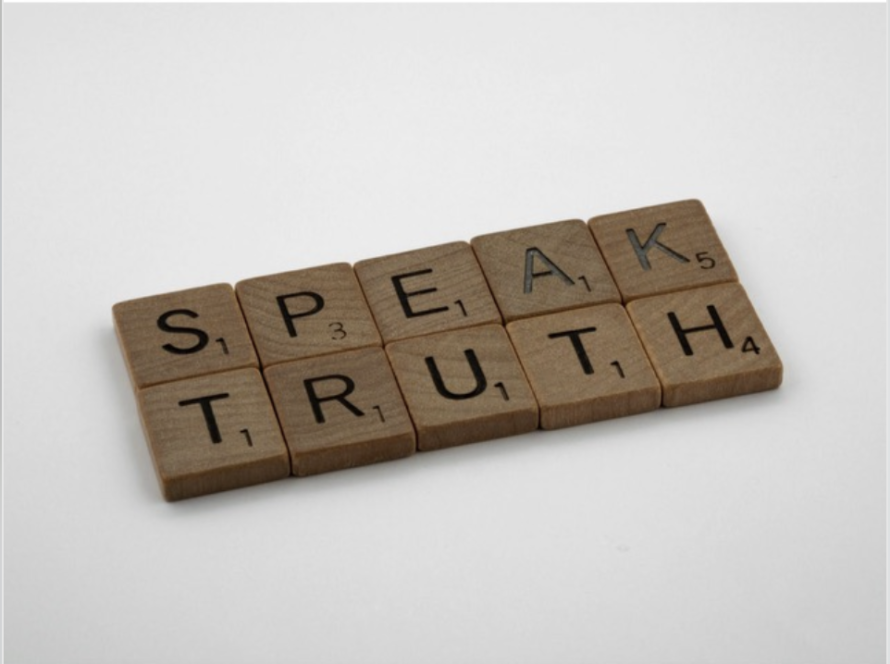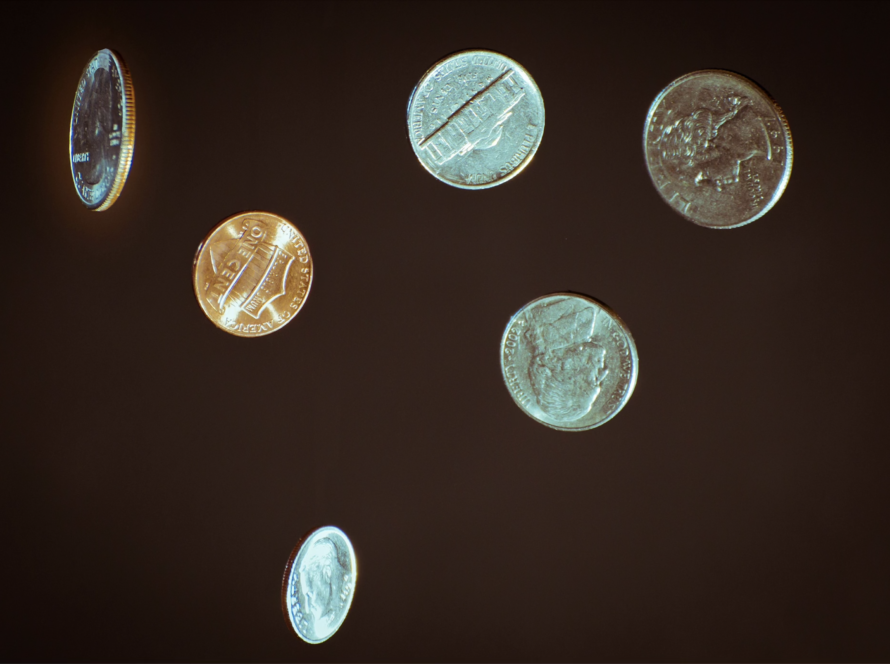When I first started my journey to sobriety, I was convinced that Alcoholics Anonymous (AA) was the only way to go. I went to meetings, got a sponsor, and worked the steps. But after a while, I started to feel burnt out and like I needed something different. That’s when I discovered SMART Recovery.
SMART Recovery is a science-based program that focuses on self-empowerment and taking control of your own recovery. One of the things that drew me to SMART was the concept of cross-talk during meetings. Unlike AA, where sharing is limited to personal experiences without feedback, SMART meetings encourage discussion and feedback among participants. This made me feel more engaged and like I could actively work towards making a change in my life.
I found SMART meetings in Austin, Texas, and started attending regularly. However, when the pandemic hit, in-person meetings became scarce and I found myself struggling once again. But the beauty of SMART Recovery is that there are online resources and a strong online community that provide support and guidance even when in-person meetings are not available.
As I continued my journey in recovery and moved around a bit more, I always knew that SMART was an option for me. I was impressed by the flexibility and accessibility of the program, and how I could still benefit from its tools even from a distance.
While I still work a 12-step program, I have found that incorporating tools from SMART Recovery has been incredibly beneficial for me. I have been able to maintain a hybrid approach to my recovery, drawing on the strengths of both programs to support my journey. SMART has helped me to feel more in control and empowered in my recovery, and for that, I am grateful.
If you are struggling with addiction and looking for a different approach to recovery, I highly recommend checking out SMART Recovery. It may just be the change you need to take control of your life and find a path to sobriety that works for you.
By: Bryan Bierly



